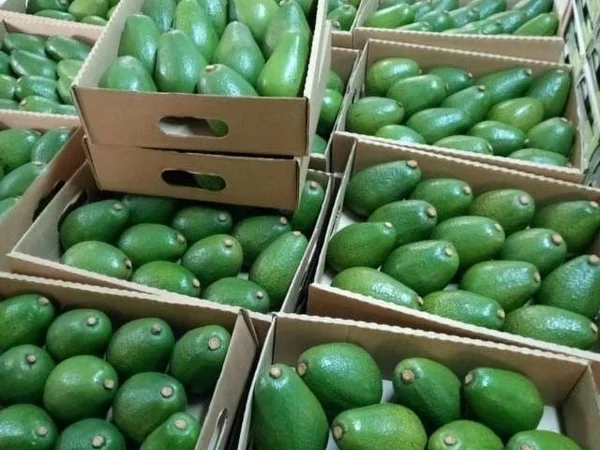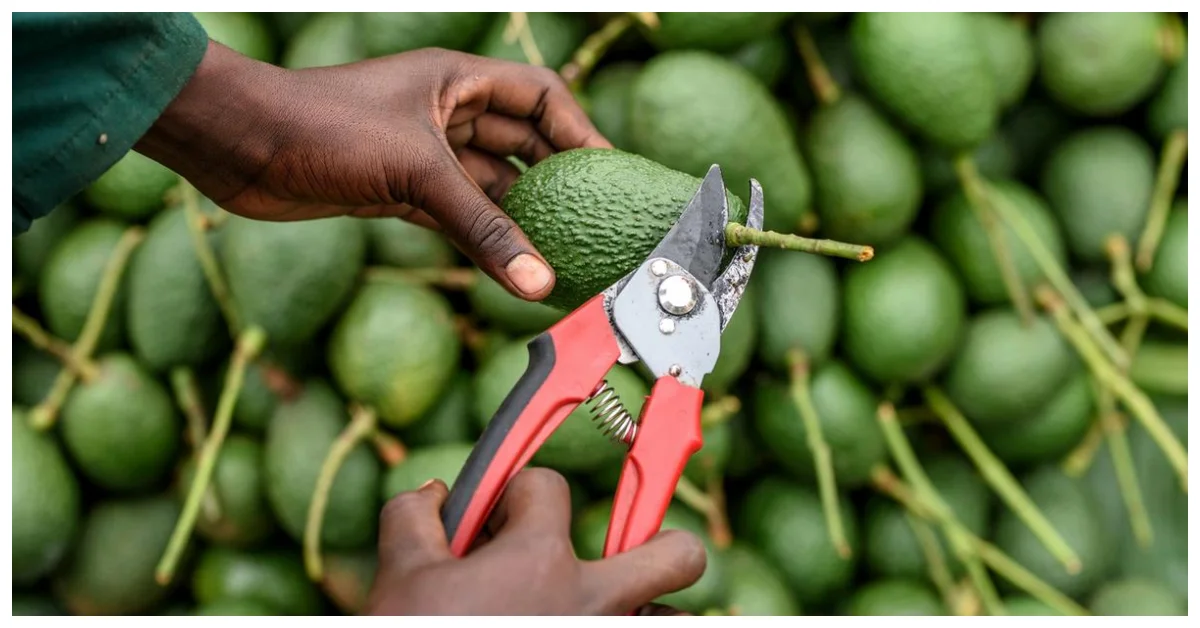The Agriculture and Food Authority (AFA) has implemented a temporary ban on avocado exports. The aim is to ensure that avocados reach an optimal level of maturity before being sent to international markets.
The ban applies to several avocado varieties, including Hass, Pinkerton, Fuerte, and Jumbo, which are in demand in global markets. AFA Director-General Willis Audi stated, “Following a survey, we notify stakeholders that the closure of the harvesting and sea exports for these avocado varieties in the 2023/2024 fiscal year will be effective from November 3, 2023.” The ban applies to sea shipments, while air shipments remain unaffected.

Kenya is a prominent avocado producer in Africa, exporting to countries like China, France, Spain, Turkey, the UAE, and the European Union. On average, Kenya exports approximately 20,000 metric tons of avocados annually, with China being the largest market. This ban will disrupt the avocado export business.
Avocado exports from other East African markets remain unaffected. The AFA will also implement measures to trace air-shipped avocados to prevent premature shipments, which could harm the country’s reputation in foreign markets. The agency noted that traceability information would be required for all air shipments.
Read Also: Kenya Emerges as Top Avocado Exporter to The World
The decision to ban sea exports of avocados is in response to past issues with premature fruit harvesting, negatively impacting Kenya’s reputation in foreign markets. To access lucrative markets such as China and Europe, farmers and exporters must adhere to strict regulations, or risk being blacklisted.
Subscribe to our YouTube channel at Switch TV
The AFA’s decision will disrupt the avocado export industry, requiring farmers and stakeholders to adapt to these new circumstances. As the ban takes effect, the avocado farming community will need to navigate these changes and assess their impact on livelihoods and the national economy.
















